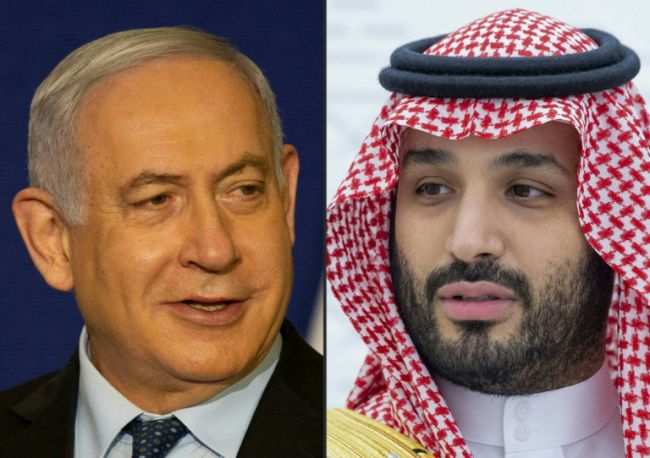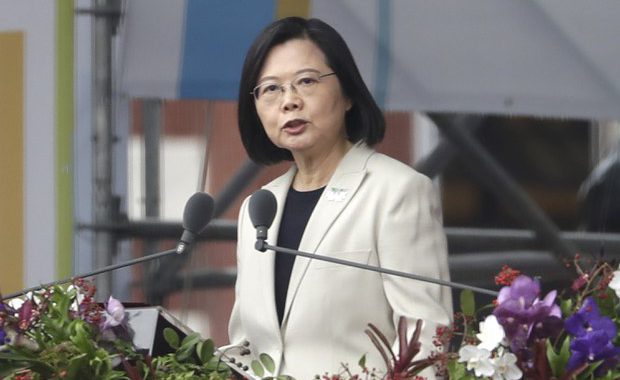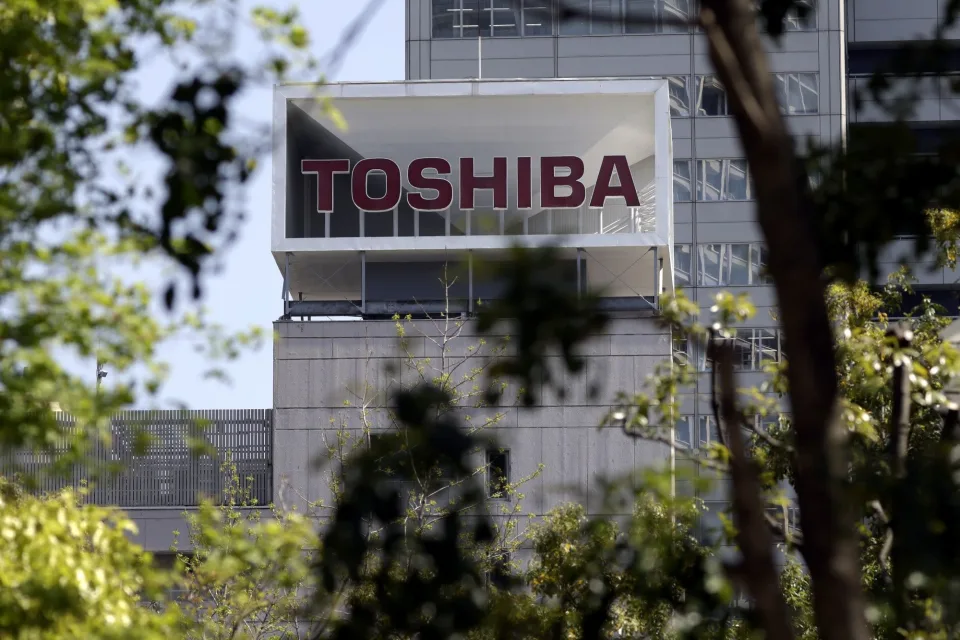Israel reports say PM met Saudi crown prince, Riyadh denies
4 min read
Israeli Prime Minister Benjamin Netanyahu (left) and Saudi Crown Prince Mohammed bin Salman (right); the two reportedly met in secret with US Secretary of State Mike Pompeo in the Saudi city of NEOM on Sunday
JERUSALEM – Israeli media reports and a government source said Monday that Prime Minister Benjamin Netanyahu had held landmark talks in Saudi Arabia with Crown Prince Mohammed bin Salman, but Riyadh denied any such meeting took place.
The reports fuelled speculation that the Jewish state may be getting closer to normalising ties with the biggest Gulf power after its historic US-brokered deals since September with the United Arab Emirates and Bahrain.
Israeli public broadcaster Kan and other media said Netanyahu and Mossad spy agency chief Yosef Meir Cohen had met Saudi de facto ruler Prince Mohammed, together with US Secretary of State Mike Pompeo, in the futuristic Red Sea city of NEOM on Sunday.
An Israeli government source who requested anonymity confirmed the reports to AFP.
Saudi Foreign Minister Prince Faisal bin Farhan then strongly denied the report which suggested Saudi Arabia was moving away from its decades-old stance of refusing dialogue with the Jewish state until the Palestinian conflict is resolved.
“I have seen press reports about a purported meeting between HRH the Crown Prince and Israeli officials during the recent visit by @SecPompeo,” Prince Faisal tweeted.
“No such meeting occurred. The only officials present were American and Saudi.”
Pompeo has confirmed he was in NEOM as part of a Middle East Tour and met with Prince Mohammed, who is widely known by his initials MBS. The US State Department declined to confirm a three-way meeting.
Netanyahu, asked about the Saudi trip during a public meeting Monday of his Likud party, said: “Are you serious? I have never commented on these things and I do not intend to start now.”
– Abraham Accords –
Israel’s normalisationdeals with the UAE and Bahrain, known as the Abraham Accords, were brokered under US President Donald Trump, who leaves office in less than two months.
Sudan has also agreed in principle to normalise ties with Israel.
A delegation from the Jewish state headed to Khartoum on Monday, the first since the deal was announced last month.
There has been speculation Washington may push for other Arab states to join the accords before President-elect Joe Biden is sworn in.
The Palestinians have condemned them and urged Arab states to hold firm until Israel ends its occupation of Palestinian territory and agrees to the creation of a Palestinian state.
Saudi Arabia — a close US ally and oil-rich buyer of military goods — has publicly insisted it will stick to the decades-old Arab League position of not having ties with Israel until it reaches a peace deal with the Palestinians.
But some experts have said that Biden’s upcoming inauguration may have created urgency in Riyadh, which has dealt discreetly with Israel over a joint desire to contain common foe Iran.
– Damaging leak? –
Prior to the Abraham Accords, Israel only had peace treaties with two Arab nations, its neighbours Egypt and Jordan.
But in late August, Netanyahu said Israel was holding “unpublicised meetings with Arab and Muslim leaders to normalise relations with the state of Israel”, without naming any countries.
Amid speculation that smaller Arab states like Oman were also interested in a deal, Saudi Arabi has stood out as the key target for Israel, given the kingdom’s wealth and influence.
Sunni Arab states and especially Israel worry that Biden may seek to revive the Iran nuclear deal agreed between Tehran and world powers during Barack Obama’s presidency that was scrapped by Trump.
Under its deal with Israel, the Emiratis also secured rights to purchase advanced US military hardware, something likely attractive to the Saudis, said Yoel Guzansky of Israel’s Institute for National Security Studies think-tank.
Guzanky, a former national security aid to Netanyahu, said the Saudis were denying the talks to limit “damage in their (domestic) public opinion”, but that Riyadh has plenty to gain from a US-brokered deal with Israel, including rights to purchase even more “sophisticated weapons.”
Trump’s administration has downplayed human rights issues in internationaldiplomacy and was particularly cautious about criticising Saudi Arabia’s record, notably over the murder by Saudi agents of prominent journalist Jamal Khashoggi.
Multiple Israeli analysts have said the Biden administration would face a backlash from the progressive left faction of his Democratic party if it pushed for an Israeli-Saudi peace deal without meaningful human rights commitments from Riyadh.
Speaking to AFP in the days after the November 3 election, Netanyahu’s former envoy to Washington, Michael Oren, said it would likely not be “worth Biden’s while to take on his party” over a Saudi-Israel pact.





